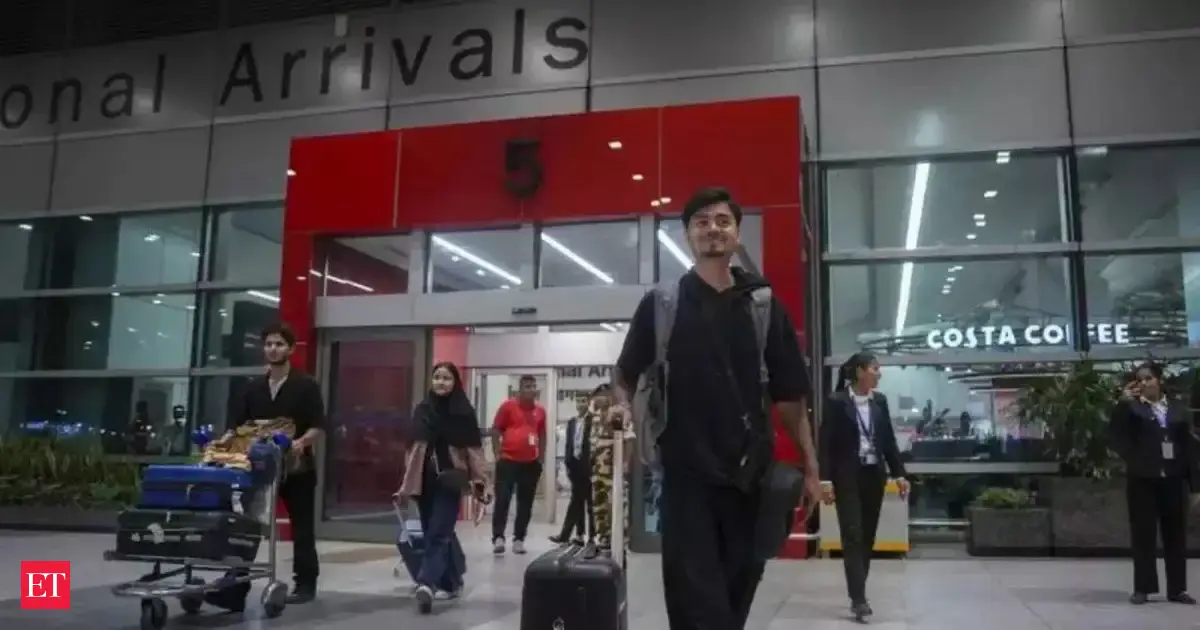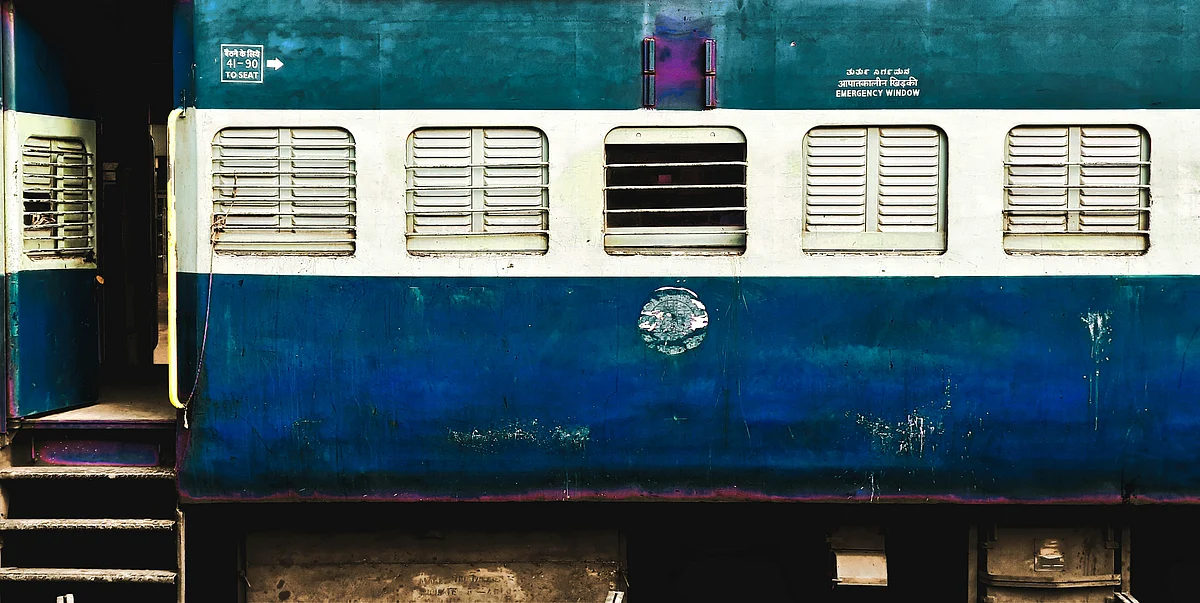By News Karnataka Editorial Team
Copyright newskarnataka

Bengaluru: The Karnataka High Court on Tuesday stayed the state government’s order that sought to impose a uniform cap of ₹200, excluding taxes, on cinema tickets across the state. The interim relief came after petitions from multiplex owners, film producers, and industry stakeholders challenged the state’s draft rules as arbitrary and unfair.
Interim relief granted
Justice Ravi V Hosmani of the Karnataka High Court passed the interim stay order after hearing arguments from the Multiplex Association of India (MAI), a shareholder of PVR INOX, and leading film production houses, including Hombale Films. The petitioners argued that the blanket price control ignored cost variations across single-screen theatres, multiplexes, and premium formats such as IMAX and 4DX.
The order temporarily halts the implementation of the state’s proposed amendment to the Karnataka Cinema (Control) Rules, 2014, which sought to restrict ticket prices at ₹200 in all theatres, except multi-screen cinemas with “premium facilities” of 75 seats or fewer.
Ticket price row in Karnataka
Earlier this month, the Karnataka government announced its decision to cap cinema ticket prices statewide, echoing similar policies in neighbouring states. Tamil Nadu caps tickets at ₹150 (excluding GST and local taxes), Telangana sets ₹295 for regular seats and ₹350 for recliners, while Andhra Pradesh fixes standard seats at ₹177 and premium seats at ₹295.
The Karnataka government defended the move as an attempt to ensure affordability for the public and promote the film industry. It cited Article 38 of the Constitution, which directs states to work towards reducing inequalities in society, as justification for the rule.
Petitioners oppose cap
Multiplex operators and producers, however, challenged the government’s order on several grounds:
Arbitrary application: They argued that the uniform cap disregards differences in investment, technology, and operational costs between theatres.
Discrimination: Petitioners pointed out that other entertainment platforms like OTT services, television, and digital streaming face no such restrictions, making the regulation discriminatory.
Unclear exemptions: The exemption for 75-seat “premium facility” screens lacked clarity, raising concerns of unfair advantage to certain theatres.
Impact on recovery of investments: Senior advocate Dhyan Chinnappa, appearing for Hombale Films, highlighted that producers rely on fair ticket pricing to recover heavy investments in high-budget films.
MAI’s counsel, senior advocate Udaya Holl, further argued that customers should retain the choice to pay for premium cinema experiences and that the cap undermined market freedom. He reminded the court that a similar cap imposed seven years ago had been withdrawn after legal challenges.
State government’s defence
The Karnataka government maintained that the rules aimed to benefit consumers, filmmakers, and exhibitors alike by ensuring affordable access to cinema. It argued that under the Karnataka Cinema Act, the state has the authority to frame such rules.
The Karnataka Film Chamber of Commerce (KFCC), which sought to intervene in the case, also opposed granting interim relief to the petitioners, supporting the state’s stance.
What’s next?
With the High Court’s interim stay in place, the government’s order will not be enforced until further hearings. The case highlights the ongoing debate between consumer protection and market freedom in India’s film exhibition sector.
While states like Tamil Nadu and Andhra Pradesh continue to regulate ticket prices, industry stakeholders argue that such controls undermine business viability, especially at a time when multiplexes are still recovering from the COVID-19 pandemic’s impact.
The Karnataka High Court will hear the matter in detail in the coming weeks, where the larger question of balancing affordability for the public and business autonomy for exhibitors will be addressed.



